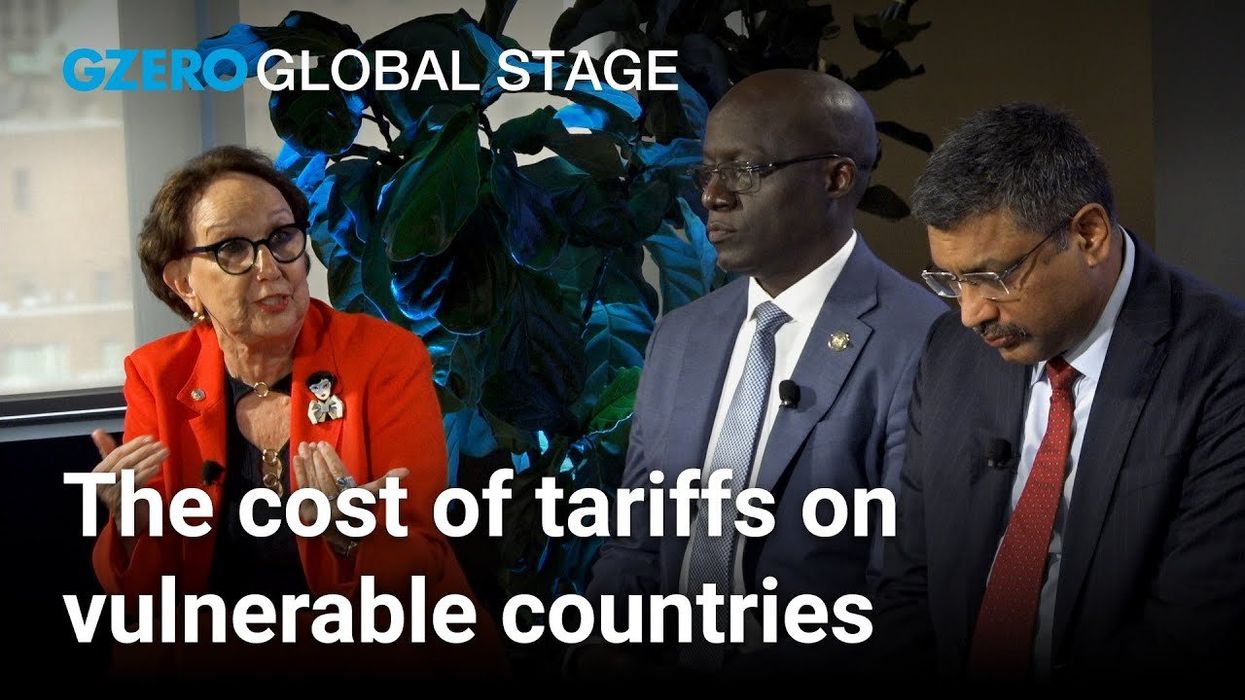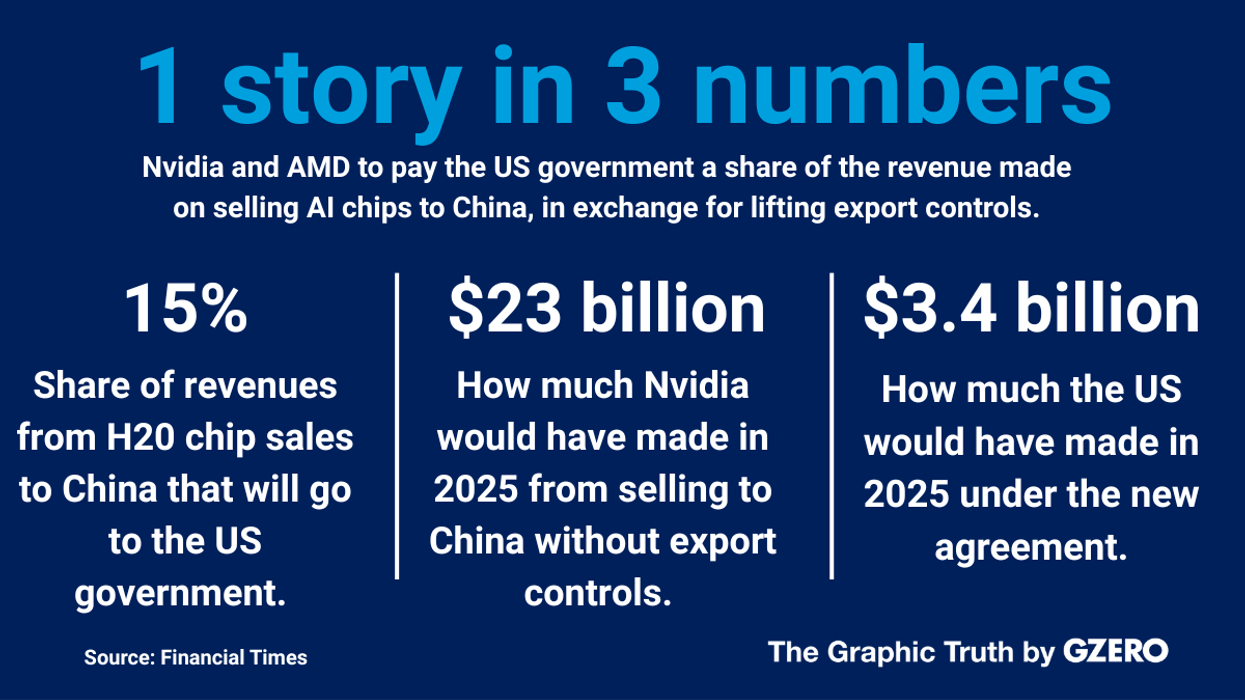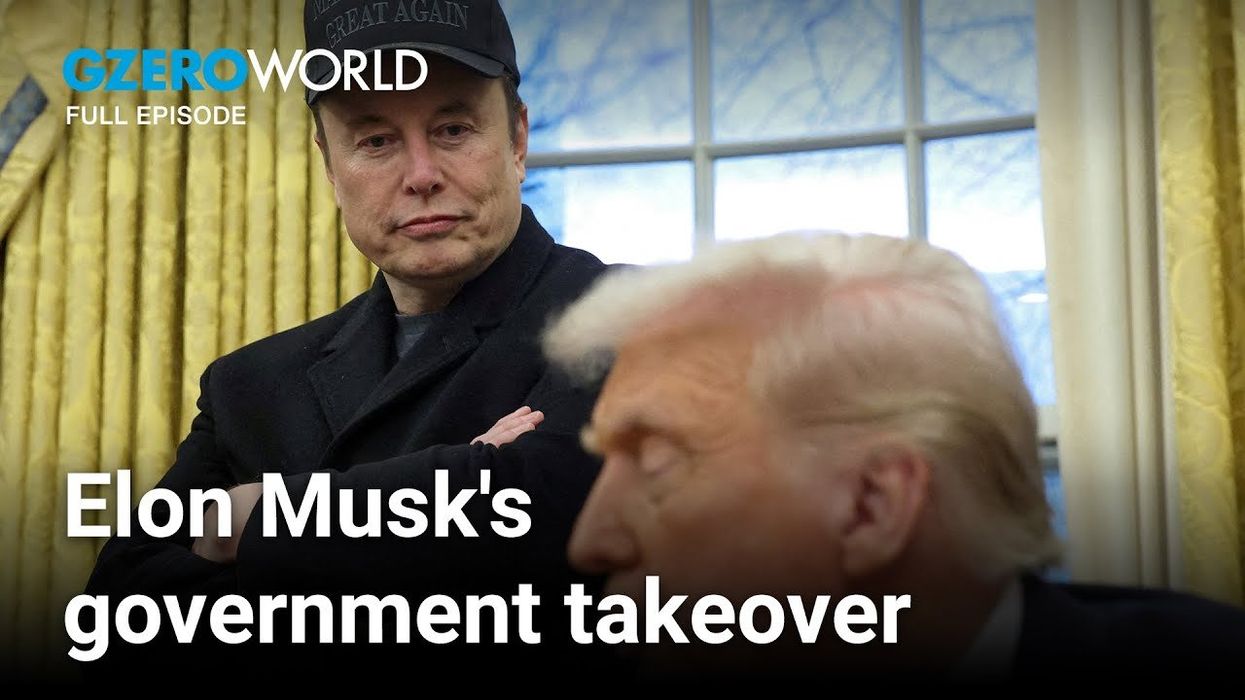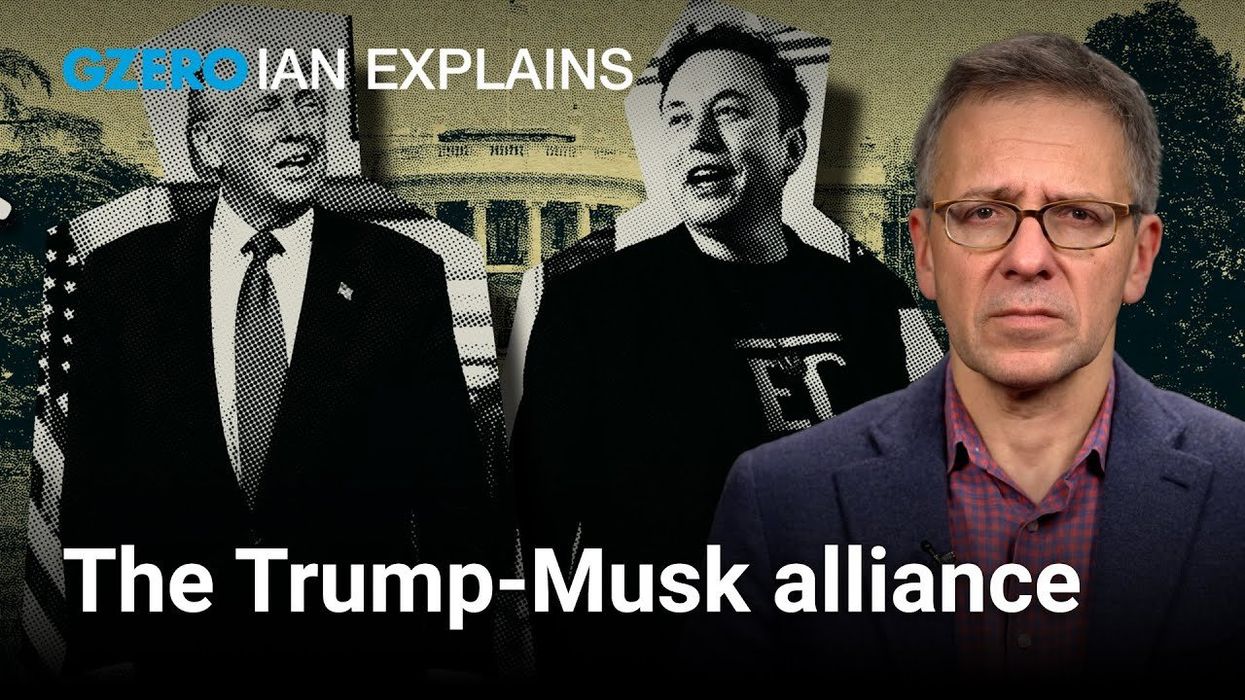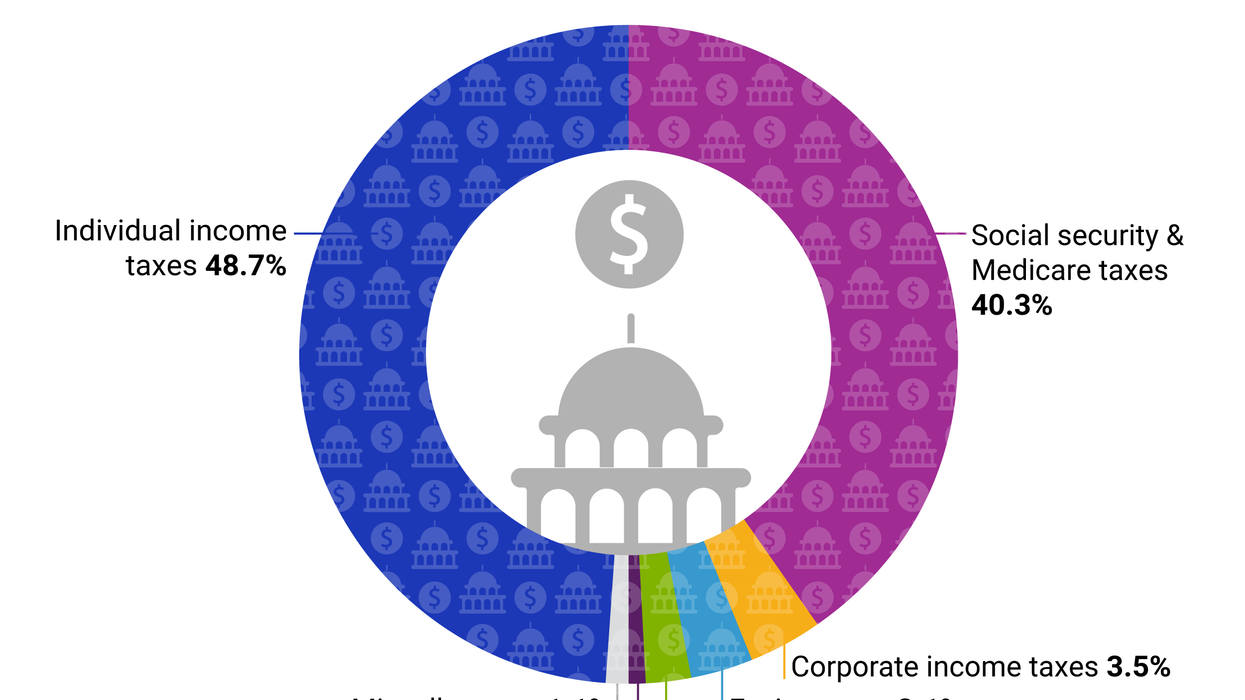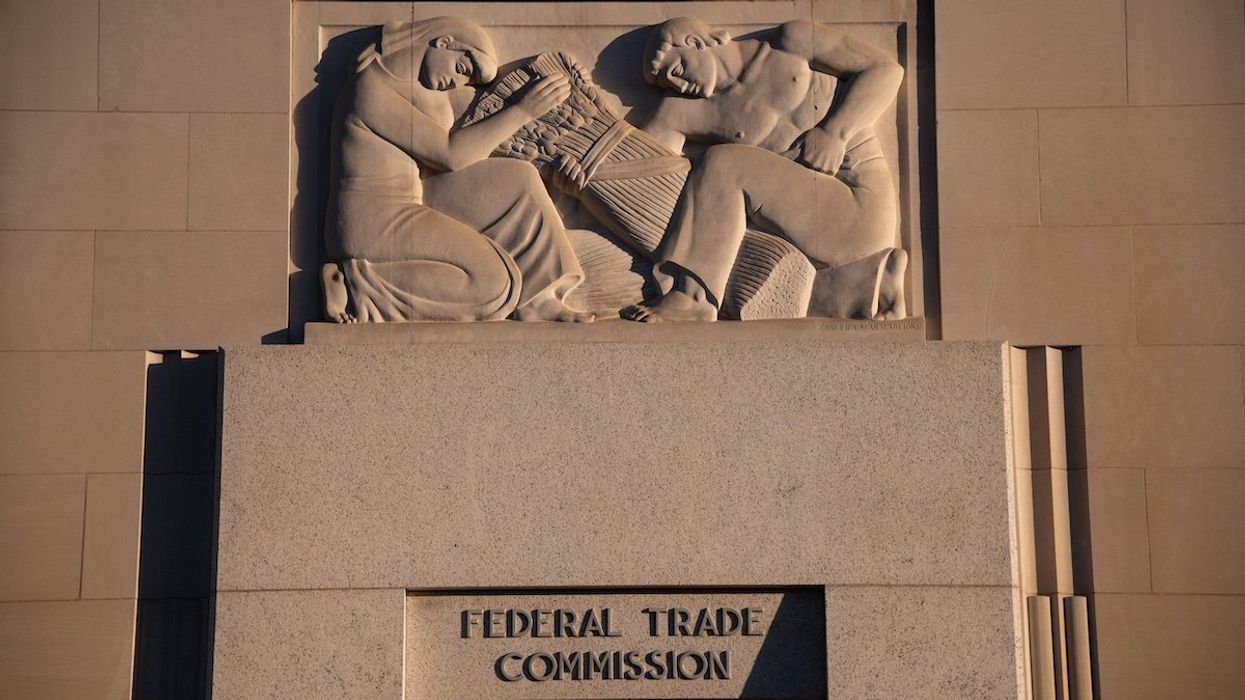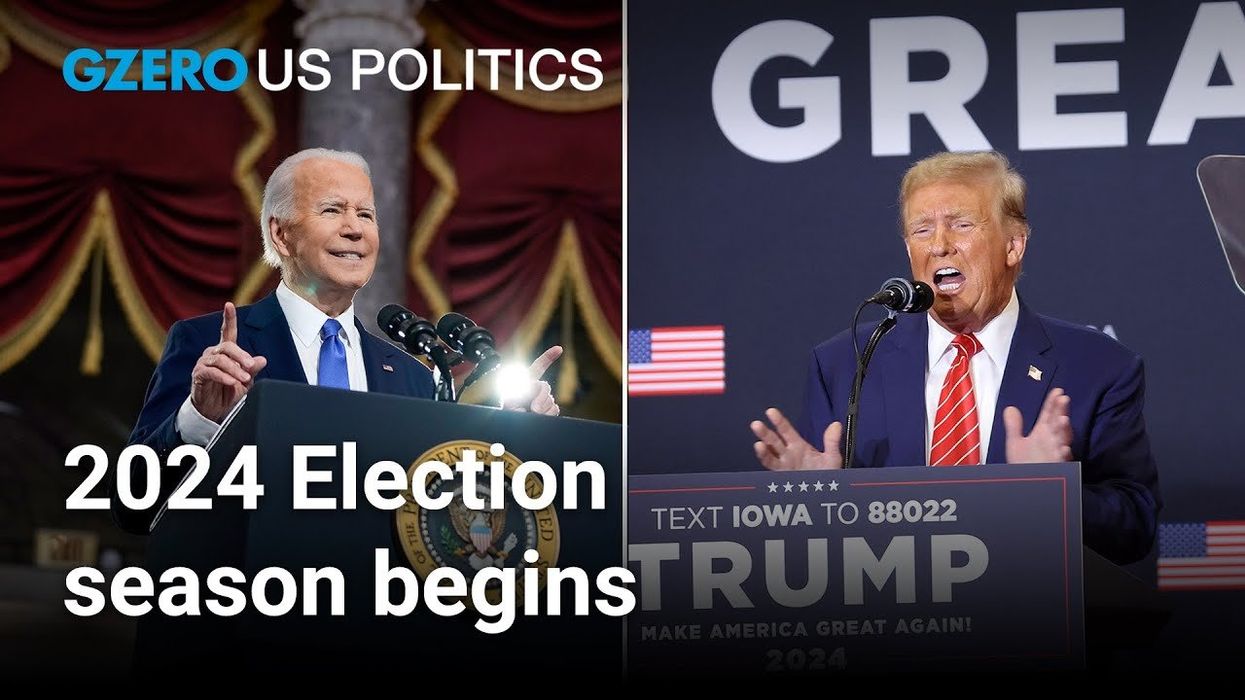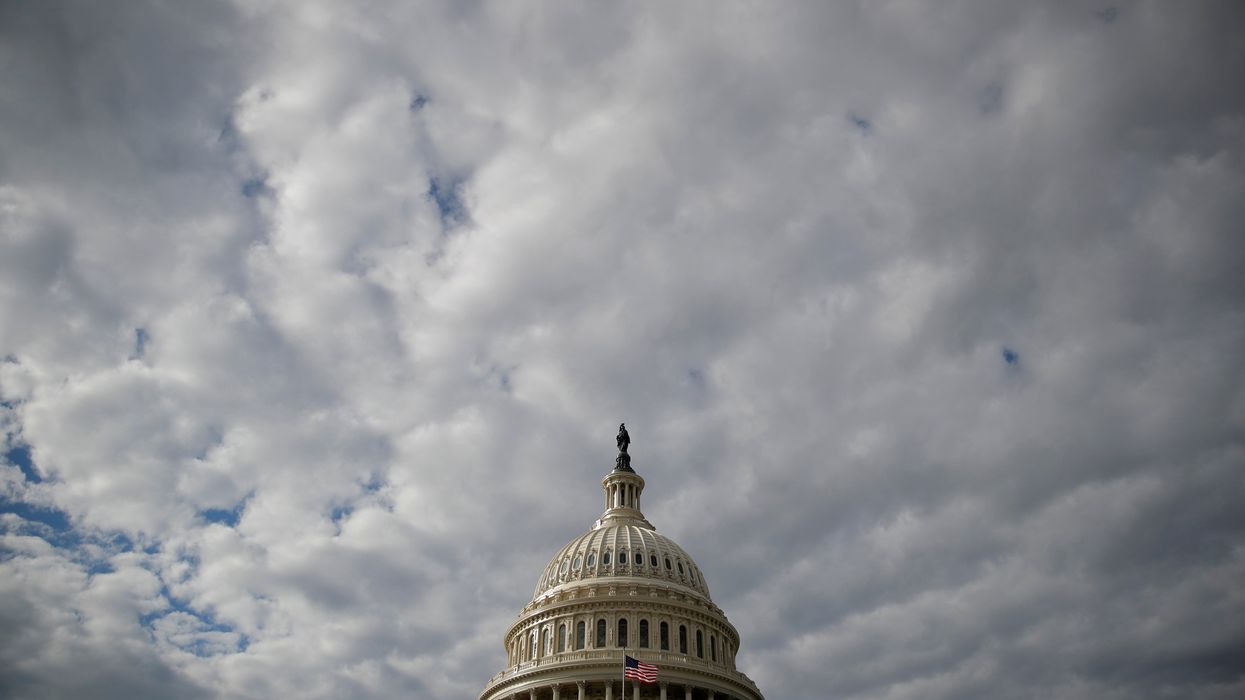UN General Assembly
Global trade is experiencing a tectonic shift, says UNCTAD's Rebeca Grynspan
The Trump administration’s tariffs have added uncertainty and complexity to global trade, particularly burdening emerging and developing economies. UNCTAD Secretary-General Rebeca Grynspan calls this a “tectonic shift in the trade regime,” noting that negotiations have replaced a potential tariff war.
Sep 24, 2025
